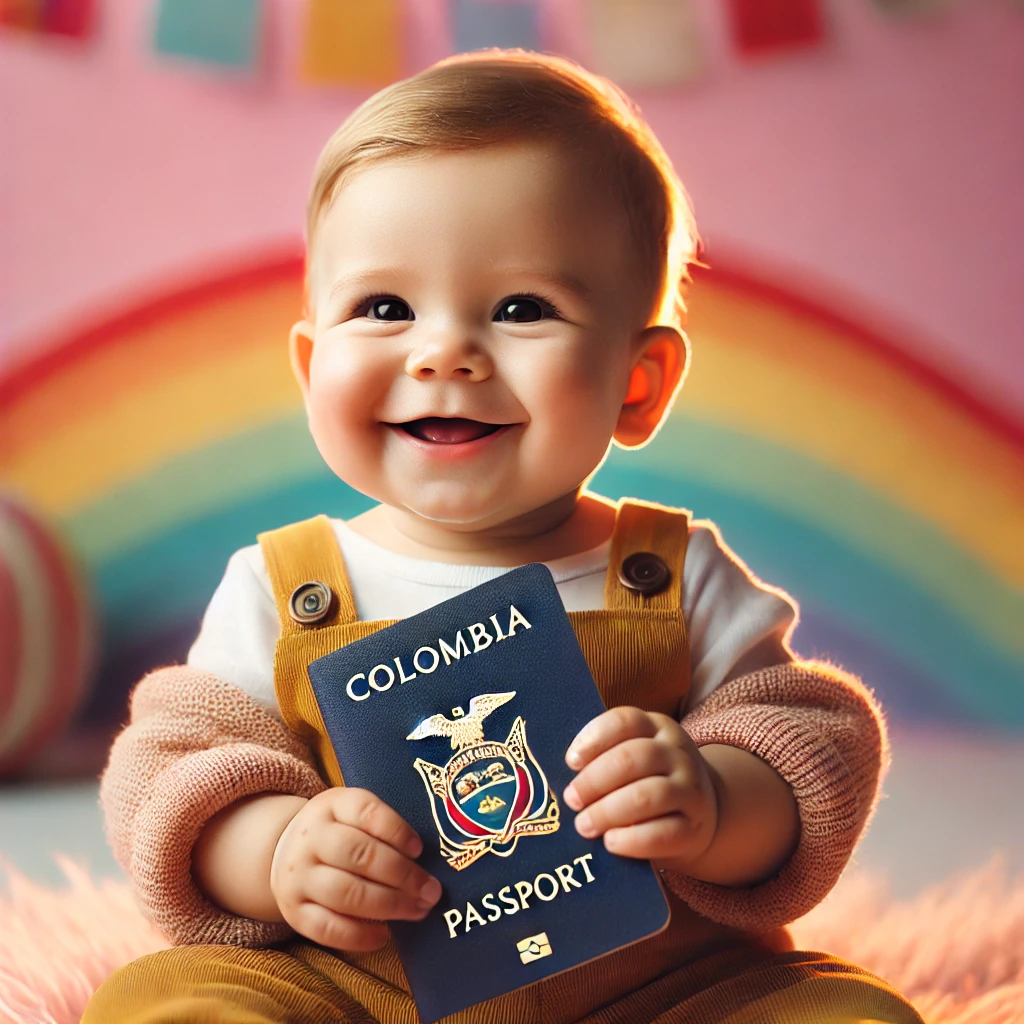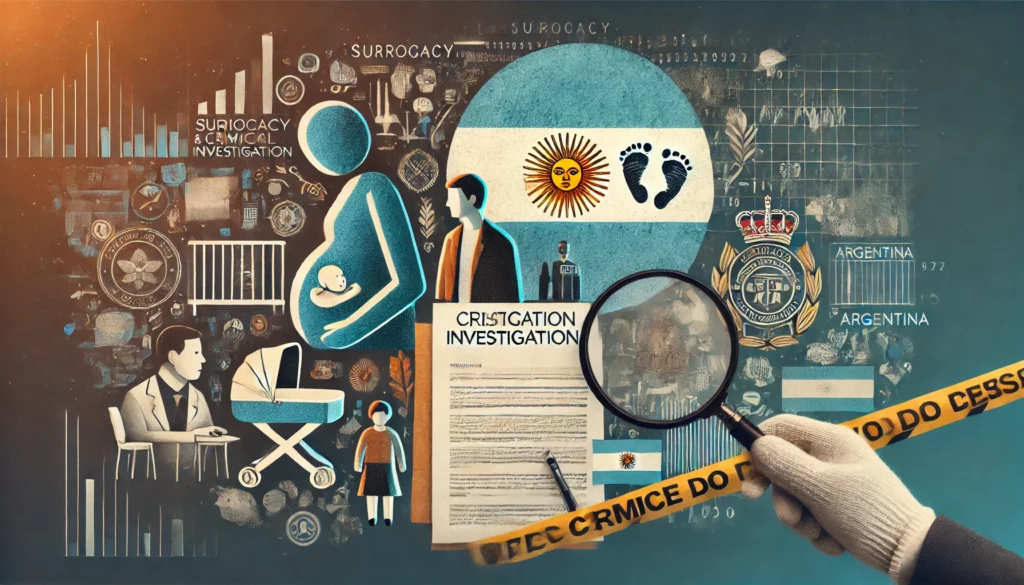Recent Supreme Court Ruling in Argentina
The situation in Argentina became a little more uncertain last week when The Supreme Court ruled that two gay parents could not change the birth certificate parentage for their 9 year old child born through surrogacy.
Local legal teams are understanding what this means for the future of surrogacy in Argentina and changing the parentage with “adoption by integration” being considered. We will post a further article as parents progress through court.
You can read more in the following news article (in Spanish) with AI translation below:
Controversial Supreme Court Ruling on a Surrogacy Case: Specialists’ Opinions and About 20 Unresolved Bills in Congress
The Supreme Court’s recent decision denied a paternity claim by a couple who pursued surrogacy. Here’s what the Civil Code says and various perspectives on the issue.
In Argentina, surrogacy is allowed simply because it’s not prohibited, though it remains unregulated. The topic, which recently saw its first Supreme Court ruling, is as complex as it is bureaucratic: how do you record a newborn desired by someone other than the person who gestated them for nine months? Whose child is it?
On Tuesday, the ruling was against the first male couple in Argentina to pursue surrogacy. For eight years, they had sought a legal revision of a birth certificate to reflect the reality of their lives: they are both the parents of a child carried by a close friend who altruistically carried the pregnancy but made it clear she never wanted or wants to be considered the “mother,” as legally designated, just for having given birth.
This family’s story, which was first reported by *Clarín* and which the protagonists now wish to protect following the ruling, began on June 4, 2015, when the baby was born.
On the birth certificate, along with the woman listed as the biological mother, one of the men appears. Following a DNA test, to eliminate any legal doubts, he was legally established as the biological father —the man who, in fact, provided the genetic material in the assisted fertilization process.
*Clarín* spoke with constitutional lawyers to understand why the Court ultimately ruled against removing the gestational mother’s legal status as “mother” and why the judges (including the sole judge who voted in favor of the couple’s request) urged Congress to finally make a decision on regulating surrogacy.
“The parentage can be established through biological ties, adoption, or assisted reproductive technology (ART). In all these cases, the born children must be treated equally, and thus, the birth certificate cannot reference how conception occurred,” explains Félix Lonigro, a constitutional lawyer and professor at the University of Buenos Aires.
According to the Civil Code, children born through ART are considered the children of the woman who carried the pregnancy and her consenting partner (whether male or female). In this ruling, the plaintiffs are two men who agreed with the birth mother that the child was not hers. In short, their claim challenges the Civil Code.
So, can an agreement between individuals alter this Civil Code criterion?
“I don’t believe so, as the Court ruled, because this is a matter of public policy. Judges are tasked with applying the law and cannot deviate from it unless they find it unconstitutional or contrary to international conventions of constitutional rank,” Lonigro tells *Clarín*.
The Court found no unconstitutionality or contravention of international law, and Lonigro agrees.
Is there a legal void regarding surrogacy?
“It’s not a legal void. The law simply holds the criterion of biological motherhood, and thus, it doesn’t allow for the mother to be determined by a private agreement. This is not an endorsement of the legislator’s criterion; it merely justifies the Court’s ruling: it applied the law, which it found neither unconstitutional nor in conflict with international conventions. And I agree with that,” he clarifies.
The ruling upholds the National Civil Appeals Court’s decision, establishing that the child is the offspring of the birth mother, as stipulated by Article 562 of the Civil and Commercial Code. However, the Court noted that this legal maternity status doesn’t prevent the two male plaintiffs from taking responsibility for the child’s care and upbringing, as they have for nine years.
The Court also pointed out other mechanisms, such as integrated adoption, to legally resolve the situation.
Christian Cao, who holds a doctorate in law from the Complutense University of Madrid, agrees that the Court did not stray from constitutional guidelines. He commends its boldness in urging the need for regulatory legislation.
“This is the first Supreme Court ruling on the matter. Given the significant interests in contention regarding surrogacy and cases in other courts, the majority of judges decided to inform Congress and urge it to address, deliberate, and resolve this issue,” Cao tells *Clarín.*
“The surrogacy technique lacks explicit regulation in the Civil and Commercial Code, creating difficulties with registration procedures. Hence, the plaintiffs requested the gestational mother’s removal from the registry in their favor, which the Court’s majority did not endorse,” Cao explains.
Neither Law No. 26,862, which grants comprehensive access to assisted reproduction procedures, nor the Civil and Commercial Code regulates surrogacy. Family Court intervention is mandatory to authorize or validate such processes.
A collective injunction briefly allowed, in Buenos Aires, surrogacy arrangements through public notaries and the registration of the baby as the child of the individual who would raise them. However, this was dismissed by Judge Lucila Inés Córdoba and is now under appeal.
**What’s Happening in Congress**
Around 20 bills have been presented in Congress to regulate surrogacy. The most recent are from Anabel Fernández Sagasti (PJ), Julio Cobos (UCR), Gabriela Esteves (both in 2022), and Mercedes Joury (2023).
Thus, the desire to regulate surrogacy is a bipartisan interest across political lines.
“The Court’s decision is deeply concerning; they needed only to resolve one case, a nine-year-old child’s paternity. The judges had the Attorney General’s and the National Ombudsman’s opinions —both favorable to recognizing the procreational will of the two men— since at least 2020. The Court has a distorted view that structures the reasoning of the three dissenting votes (Juan Carlos Maqueda voted in favor): while the issue is indeed for Congress to address, they’re essentially telling that child that, since nothing is settled, they won’t recognize their emotional reality,” says Natalia de la Torre, a family law attorney and expert in socio-affective parentage.
“You’re not only infringing upon the child’s rights but also, fundamentally, the rights of the woman who is forced into a motherhood role she never intended,” she concludes.
De la Torre notes the Court has three additional surrogacy cases pending resolution.
“I’ve never supported collective injunctions for surrogacy. Until a law exists, I believe surrogacy should have state oversight and prior judicial authorization,” she concludes.


